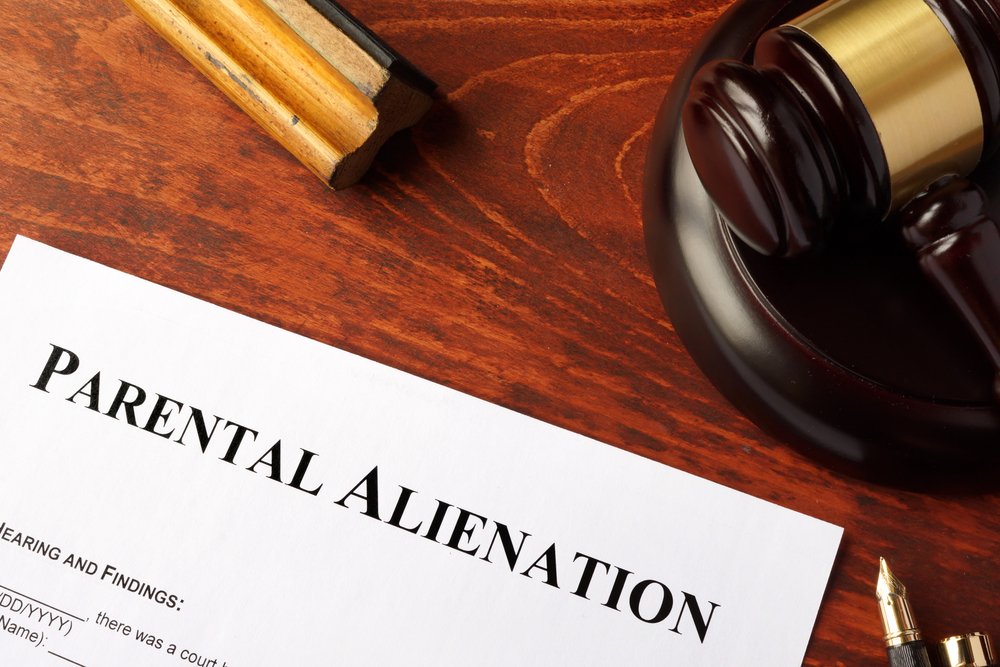We love our kids. They are an extension of us and reflect the hope that we have for the world. That is why it hurts so much when someone keeps our children from us. When two people separate and there are children involved it can be so difficult to keep Child Custody agreements and to keep things fair for both parents and for the children as well. Taking the time to resolve custody issues is a must, but it can surely be difficult.
What is Parental Alienation?
When it comes to kids and to custody agreements, parental alienation is a process by which a child identifies with one parent more than the other. They may have a hatred, a fear, or an intense dislike of the other parent without any real reason to justify it. This can occur for a range of different reasons. It can be the result of a custody battle; it can be because the child sees on parent more and any other number of reasons.
Parental alienation is not something that means your relationship is ended with your child. You can recover, and you can identify this process as it starts so that you can start to resolve it before it becomes a huge issue. Parental alienation can be the result of something that the other parent is doing as well. In highly contested divorces or custody battles it can be the result of the custodial parent saying negative things about the other parent or intentionally keeping them away from you.
If you suspect that this is the case, you should take the time to make sure that your child is still seeing you, that you are keeping up your custody agreement, and that you are working to try and stay in touch with your child and keeping them involved with you. This is a disorder that can come and go and that does not have to have any basis in fact.

Signs of Parental Alienation
There are some different signs that you can look for to see if your child is starting to develop parental alienation. The first sign is that your child is not happy to go with you anymore. They may be fine one week then suddenly not want to come visit anymore. They may seem distant and unhappy, and they may start to want to spend less time with you. They may not make this feeling known or state it outright, but their change in demeanor will be apparent.
One of the main issues with this disorder is that it can come on suddenly, as suddenly as from week to week with visitation. You might notice that a child that was previously outspoken when they spend time with you is now withdrawn and distant, they might start slipping at school and some kids even display behavior problems and might start acting out or being aggressive.
Some kids may even lash out and start to hit, say terrible things, or start to misbehave in the hopes that you will send them back to the other parent or stop seeing them so much. This is such a strange disorder that does affect each child differently. It can make it hard to spend time with your kid, and it can be hard to deal with a child that is doing these things.

How to Handle Parental Alienation
There are some ways that you can handle parental alienation, the most important thing is to make sure that you do not give up on your child. This is going to feed into the disorder more and make it even harder to handle and deal with. You should take the time to let your child know that they are dealing with something, that you understand and that you want to fix the issue, and you want to get back to the way it once was with your child.
If you suspect that your child is dealing with parental alienation you may want to speak with a therapist so that your child can talk through what is bothering them, to see what might be making them unhappy, and to see what you can do on your part to see what can be done. This is not something that is going to change your relationship with your kid forever, if you do not allow it to.
Taking the time to get your custody agreement taken care of, making sure you stick to it, and to make sure that you are taking the time to talk to your child can really make a difference. Kids need structure, they need you as a parent to put forth the effort to help them work through issues like parental alienation. Though it might seem like the end of the line, it does not have to be the end of your relationship with your child. A great custody agreement is going to add structure, help you keep seeing your child, and is going to help the both of you overcome the issues that come with an issue like parental alienation.






